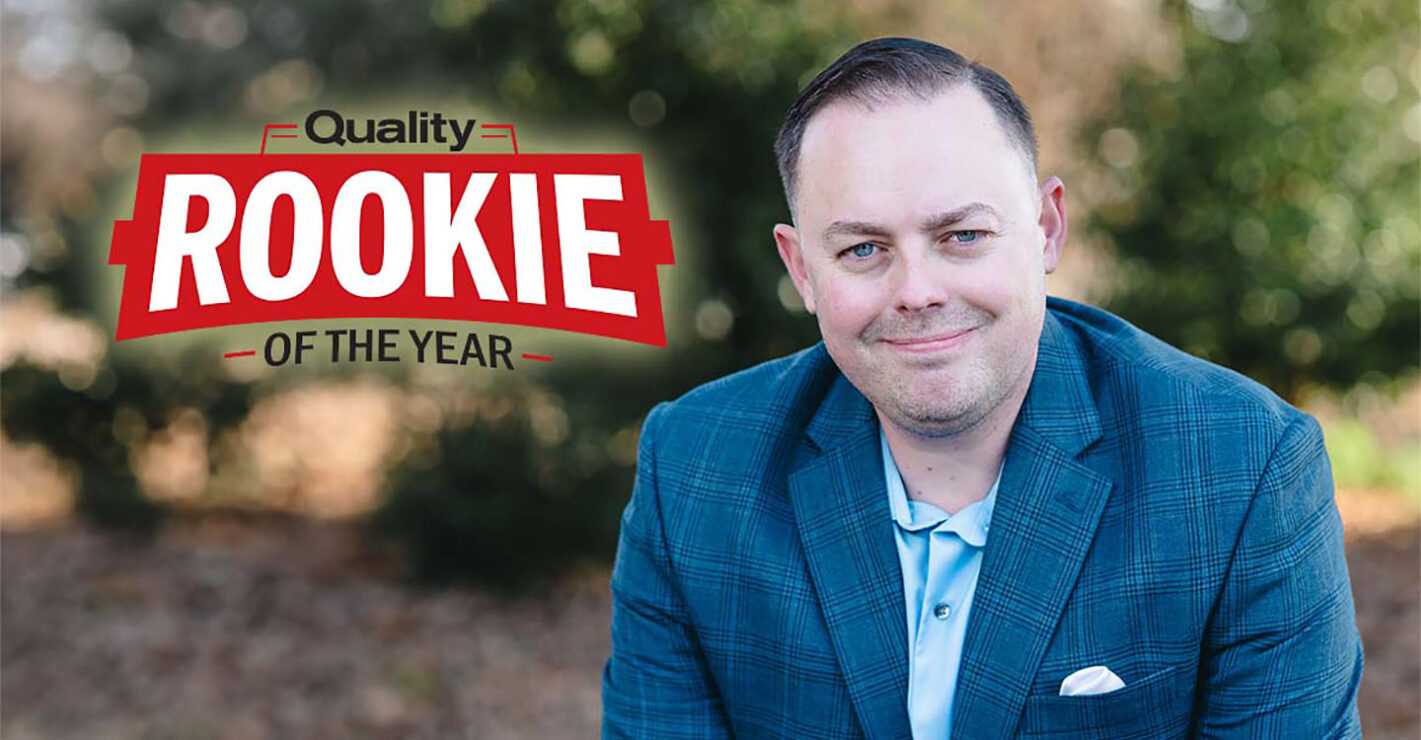By early 2000, it was becoming increasingly clear that to avoid losing future business, LK would need to adopt a formal laboratory management system to support its CMM calibration services.
Specifically, several automotive and aerospace customers were pushing for supplier certification to the ISO/IEC 17025 standard, which applies to organizations offering services for the testing and calibration of inspection, testing and measurement equipment.
"DaimlerChrysler, for example, wrote into their quality specs that plant calibrations could only be done by a 17025-certified supplier," says Myles Richard, LK Metrology chief executive officer. The automaker had set a January 2001 deadline for 17025 certification, and other automotive customers were taking similar steps, Richard notes. "So our ongoing business for both new machines and service work would be jeopardized if we didn't become 17025-compliant."
LK Metrology already had some of the needed documentation in place. "Our sister operation in the U.K. has been registered to the ISO 9000 standard for a number of years, and we have over the years adapted some of their documented processes and procedures within our U.S. operation," Richard observes. "But to formally implement all of the 17025 requirements was more than we felt we could undertake without some outside support and direction," he adds.
LK turned for help to Eagle Group USA (Troy, MI), a training and consulting firm that it heard about through some of its customers. "When we contacted Eagle, they were very responsive, having already been contracted to help other organizations implement 17025, as well as many other standards," notes Jeff Root, LK's installation and quality manager.
Eagle Group initially performed an analysis of LK's current processes, procedures and forms to determine where there were gaps in LK's performance relative to 17025, then launched a comprehensive program to fill in those gaps. Among other things, a fully documented laboratory management system was put in place, along with needed procedures, work instructions and forms. LK employees were provided with overview training on the laboratory management system, as well as job-specific training, and were qualified to perform the various calibration, testing and recalibration processes.
In the end, the entire process was completed within six months, and LK was recommended for accreditation during its first registration audit, receiving 17025 certification in October 2000.
Richard cites various advantages in using Eagle Group services. "Without an independent expertise to come in and help us understand the (17025) document and how it applied to our business, I think it's very unlikely that we would have been recommended on our first audit," he says. Further, without third-party assistance, LK would have needed to devote significantly more staff and time to the registration process, he adds. "We would have had to interrupt our business quite dramatically."
The laboratory management system put in place through the registration process is also paying bottom line dividends for LK, Richard says. "Before, when customers bought CMMs, we waited for them to decide when they wanted to recalibrate them," says Richard. "We weren't necessarily proactive." But the new system requires the tracking of customer calibration needs, enabling LK to send out quotations when customer CMMs are coming due for annual recalibration. As a result, customers who might otherwise have waited 18 months or two years to recalibrate, or who might even have gone to another service provider, are now having LK recalibrate their CMMs annually, Richard says. Because of this, "I'd say we're picking up an additional 20% to 25% in calibration revenues," he notes.
The 17025 definitions also help LK and its customers agree specifically on the scope of recalibration work, which minimizes misunderstandings and improves customer satisfaction, Richard adds, resulting in more timely payments.
Among other benefits, Richard believes that 17025 certification has helped LK Metrology hold down its liability insurance costs. "We have separate coverage for our aircraft customers, and being accredited to a quality standard lowers your risk of uncertainty," Richard explains, a fact that is likely reflected in lower liability insurance rates.
Eagle Group USA Inc.
(800) 508-9044 Reply 10
www.eaglegroupusa.com
BENEFITS
- With third-party support, LK Metrology was recommended for ISO/IEC 17025 accreditation on its first audit.
- The laboratory management system put in place leads to more timely customer recalibrations, boosting recalibration revenues by 20% to 25%.
- Accreditation to the quality standard lowers the company's risk profile, helping hold down liability insurance rates.


